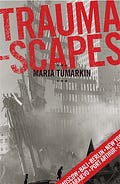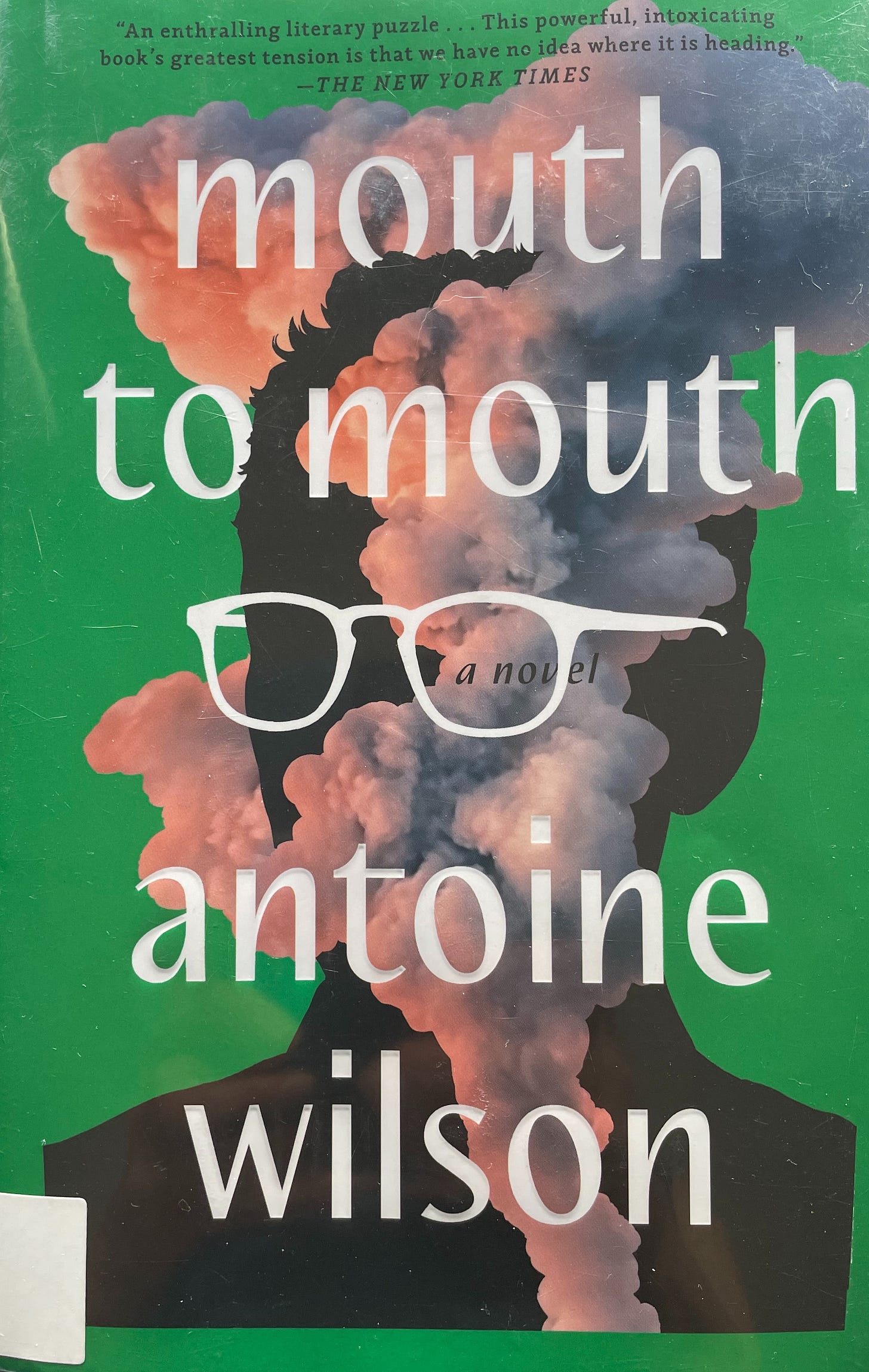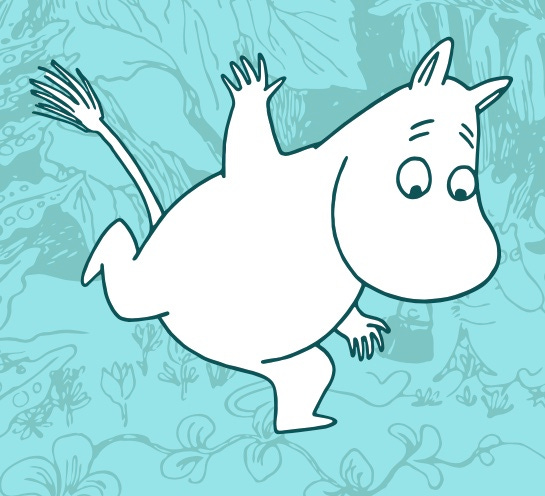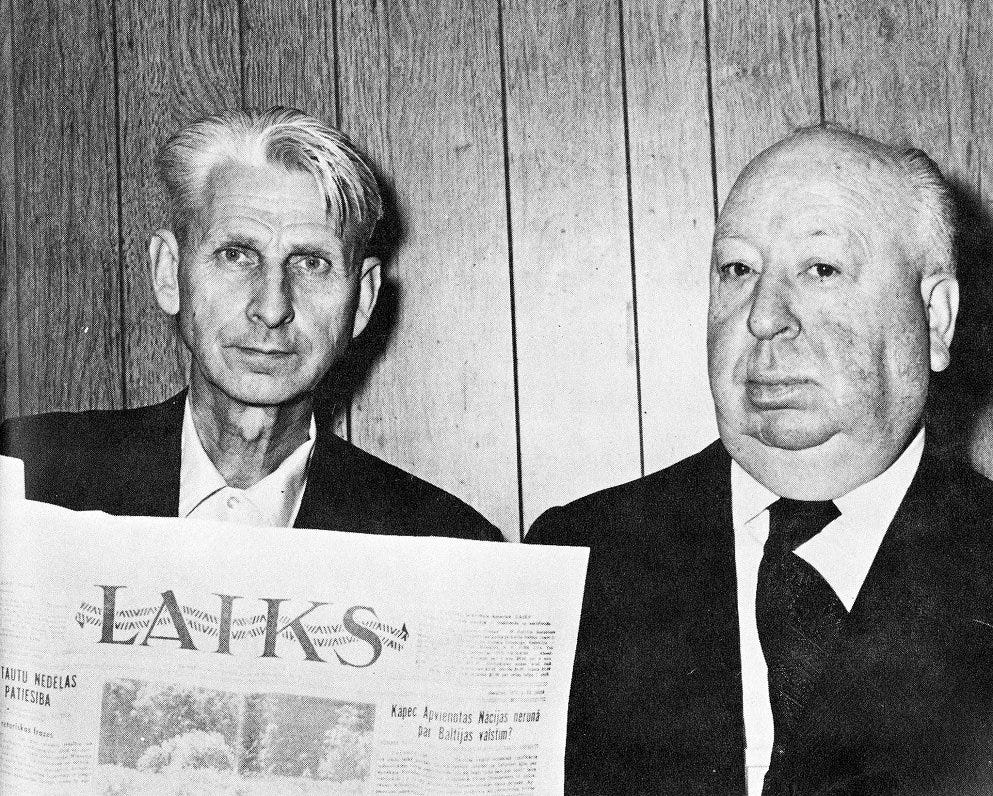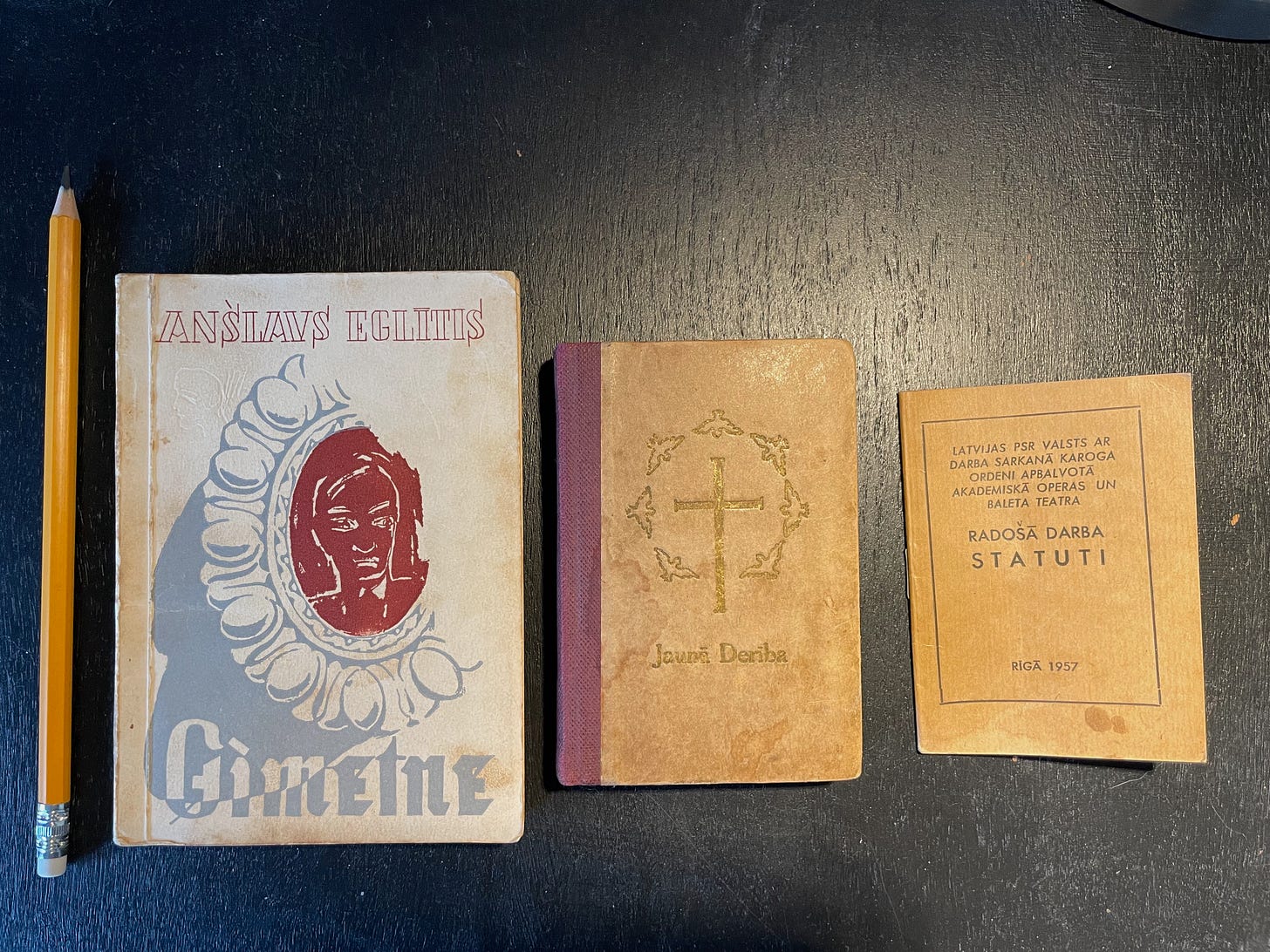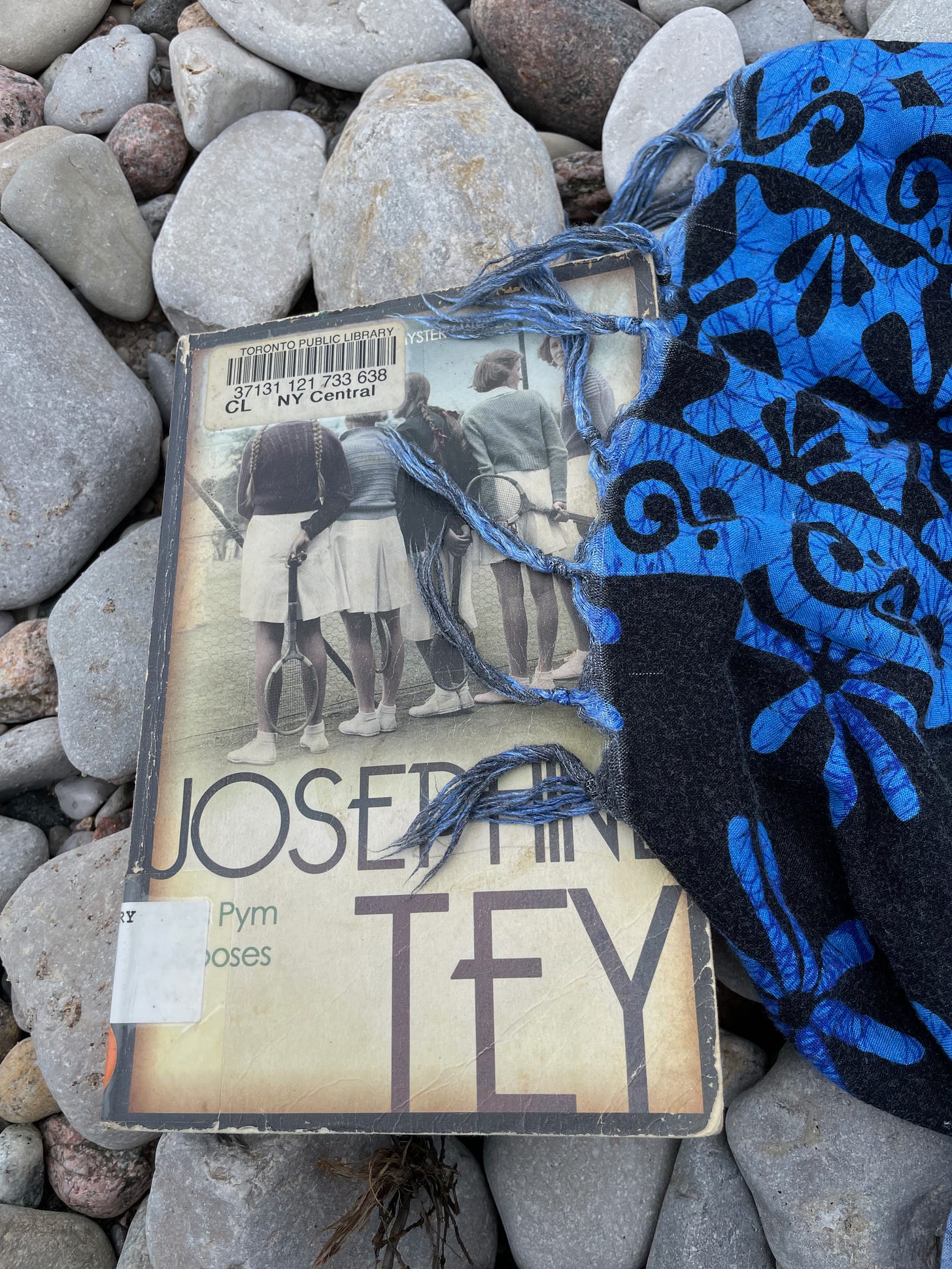It is the high point of summer — too high, too hot, in many places — and that time of year when people think you should read something particularly suited to the beach, though most of the time you are not at the beach, most of the time you are scraping melted chocolate off the lining of your purse, then having a terrific argument at the supermarket and storming out into a deluge of rain so profound that you end up drenched and cold in the car, staring at the tornado warning on your phone, wondering whether Armageddon has arrived.
Alright, not most of the time. Some of the time. Once. And then the sky clears, and there you are, bookish at the beach.
#45 in 2023
You can tell by the cover that Traumascapes is wrong for a beach. However, I loved it. In fact, why isn’t the author Maria Tumarkin my best friend already? So many of her obsessions are akin to mine.
Tumarkin is a Ukrainian Jew who immigrated to Australia in her teens from what was then the Soviet Union. I became a fan when I read another book of hers, Axiomatic, which explores the traumas we inherit. That book won Tumarkin several awards and you can get it at the Toronto Public Library. But like many Australian books, Traumascapes is not in their collection.
In this earlier book, Tumarkin links major sites of trauma to figure out the best way to deal with a tragedy. Not every city does it well. This includes the hostage-taking during the musical Nord-Ost in Moscow; the siege of Sarajevo; the fall of the Twin Towers; the explosions at night clubs in Bali; a mass murder in Tasmania; post-war Berlin. The writing is always deeply personal, even self-critical.
I went all over the world, I stood in places where terrible things had happened, and even though at every one of these places it was all over — over and done with — it was still there waiting for me. [sic] It was powerful and clear, and it made me want to write, made me crave writing as if this was the only way I could get close to these places and everything that was held within them — the pain, the memory, the enchantment and the future.
And as a side note, these days Tumarkin doesn’t ‘write’ about the war on Ukraine; she rages. If you feel like raging along with her, click on this link:
‘Reading Annie Ernaux at the time of Russia’s genocidal war in Ukraine.’
#46 in 2023
The dustjacket for Antoine Wilson, Mouth to Mouth, 2022 was full of such fulsome reviews that I was literally on the edge of my seat, waiting for the thriller to start to happen. But it didn’t, and so, I was disappointed. Loosely speaking, the plot is what if Cousin Greg saved the life of Logan Roy, and then Logan Roy made him his personal assistant. without knowing that he owed his life to Cousin Greg. In other words, what if you saved someone’s life and they turned out to be reprehensible?
The art market is the backdrop for this novel and it made me wonder why we find the very, very rich so compelling, and why are they, as characters, as opaque and inhuman as a luxury apartment being staged for sale? This question pairs very well with Clear Broad-Spectrum SPF 46 sunscreen which costs only $67 for 1.7 ounces.
I feel bad about being this snide. After all, the main character is a struggling writer! Have more sympathy, dammit! For that reason alone, I’ll tell you that Barack Obama loved this book. It was in his top ten of 2022. To the beach with both of you.
#47 in 2023
Everything about Tove Jansson’s novel The True Deceiver feels cold, so pick it up when the temperature outdoors is scaring you. Jansson pits two women and their concepts of honesty against each other in a tiny snowbound village: a forbidding recluse who walks her hound every day and a beloved writer of children’s books featuring rabbits covered by flowers. (Jansson herself was an immensely successful writer for children in Sweden, Finland, Latvia, etcetera, all of whom grew up on Jansson’s Moomin troll stories, which I did not.)
I find your way of never saying what a person expects you to say, I find it somehow appealing. In you there’s no, if you’ll pardon my saying so, no trace of what people call politeness….And politeness can sometimes be almost a kind of deceit, can it not?
Jansson is a powerful writer and this is a strangely unnerving book, deceptively simply, scheming its way into your consciousness. Slips easily into your tote next to the towels.
A child writes, “I love you., I’m saving my money to come and live with you and the bunnies,” and you answer, “How lovely. You’ll be very welcome.” And it’s a lie. … The truth needs to be hammered in with iron spikes, but no one can drive nails into a mattress!
#48 in 2023
Anšlavs Eglītis, Ģīmetne (The Portrait)
Though this time my notes are for Latvian readers only, I want to comment on two things. First, it’s a shame that Eglītis, this immensely popular Latvian novelist, who started his career in the independent Latvian republic and ended it in Hollywood writing movie reviews and taking portraits with the stars, it’s a shame that he has never been translated and so he does not exist for anyone but the less than 2 million potential Latvian readers.
Secondly, I’m very moved by publications like this one, since it came out in exile, in a very small format, with no date on the book, published by a refugee press called Grāmatu draugs — ‘Friend of Books’— located in Brooklyn.
I’ve taken a picture with a pencil, so you get an idea of the size. The cover is by the author’s wife, Veronika Janelsiņa and the shabby brown paper it is printed on looks like the covers of the other books in the photo. The middle one is a New Testament from my father’s library. The smallest one comes from a used-book store or antikvariāts, as they are called in Latvia, and contains The STATUTES of CREATIVE WORK (1957) of the LATVIA SSR ACADEMIC OPERA AND BALLET THEATRE WHICH HAS BEEN AWARDED THE MEDAL OF THE RED FLAG OF LABOUR. I take it with me everywhere. ;)
And here are my Latvian comments: Ģīmetne ir Eglīša atbilde Oskara Uailda romānam par Dorianu Greju. Pavisam nodzēries scenogrāfs atrod utenē ģīmetni kura viņam maģiski palīdz atgriezties dzīvē, līdz…. un pārējais jāuzzina pašiem! Man bija sevišķa bauda lasīt šo noveli jo nelaimīgais žūpa strādā Latvijas nacionālā operā kas man ir diži pazīstama vide.
#49 in 2023
When I was a young girl, I feared gym class more than anything: the dreaded pommel horse, the torturous uneven bars.
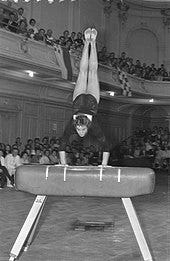
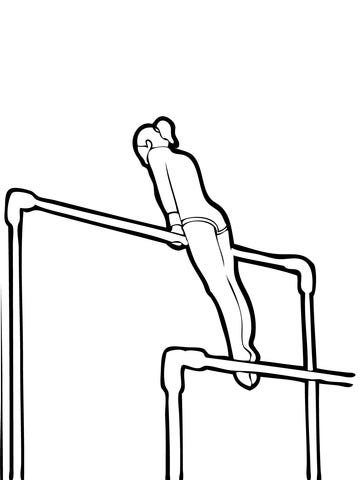
That’s why the very setting of Josephine Tey’s mystery Miss Pym Disposes made my skin crawl. It’s about the rivalries at a physical training college, rivalries so intense they are fatal, and who would be the better judge of the guilty and innocent than our Miss Pym, yet another writer-protagonist, and an oh most knowledgable interpreter of micro-expressions, of the meaning of thick eyebrows and darned collars. What a lark this mystery is dear poppets, bring on the tea and crumpets because they are more abundant than crime.
But not more abundant than girls and women of all shapes and sizes.
a pair of legs were as easy to identify as a face, she found. There they were: stubborn legs, frivolous legs, neat legs, dull legs, doubtful legs.
No one knows for sure whether Tey is the lesbian queen of mystery though there are a lot of clues. She takes her time with the whodunit part of the story; she’s far more interested in the subtly erotic atmosphere of the school and cracking jokes like this one.
…there had been several weeks, one spring, when she had thought quite seriously of accepting Alan, in spite of his Adam’s apple. It would be nice, she had thought, to be cherished for a change. What had stopped her was the realization that the cherishing would have to be mutual. That she would inevitably have to mend socks, for instance. She didn’t like feet. Even Alan’s.
Miss Pym is a lot of fun, though like so many books of its era (written in 1946) the writing can grate on your sensibilities with its painful class consciousness and casual racism. Nevertheless, it’s brimming with humour and women, and you can pick it up, put it down, go for a swim, yell at the seagull stealing food from your bag, towel off, and get back to your Tey.
That’s it for now, my bookish friends! Please share this newsletter to spread the word and keep my chronicle going. I’m almost at Book Nr. 50, after all.
Books I quailed in the face of and abandoned: Wallace Stevens Selected Poems; Robert Musil, The Confusions of Young Törless; Jacques Derrida, Writing and Difference,Thomas Carlyle, The French Revolution; Bernard Wasserstein, Secret War in Shanghai
At the moment I’m reading Sergey Zhadan, Sky above Kharkiv: Dispatches from the Ukrainian Front, 2023.
**
This is the new list: I have already waded deeply into it, which is why I’ve crossed out some of the titles.
Featured Author: Percival Everett, Erasure, 2001
Second Latest Saved Title: Richard Flanagan, The Living Sea of Waking Dreams, 2021
Reader Recommended: Annie Ernaux, A Woman’s Story, 1990 (forget who recommended)
Oldest Title on the List: Edmund White, Caracole, 1985
The Random List:
Thomas Carlyle, The French Revolution, 1837 (dipped into it; amazing; can’t continue)
Sergey Zhadan, Sky above Kharkiv: Dispatches from the Ukrainian Front, 2023
Graham Greene, Our Man in Havana, 1958
Bernard Wasserstein, Secret War in Shanghai, 1999 (WWII history)
Wade Davis, Into the Silence: the Great War, Mallory, and the Conquest of Everest, 2011
Josephine Tey, Miss Pym Disposes, 1946 (see above)

